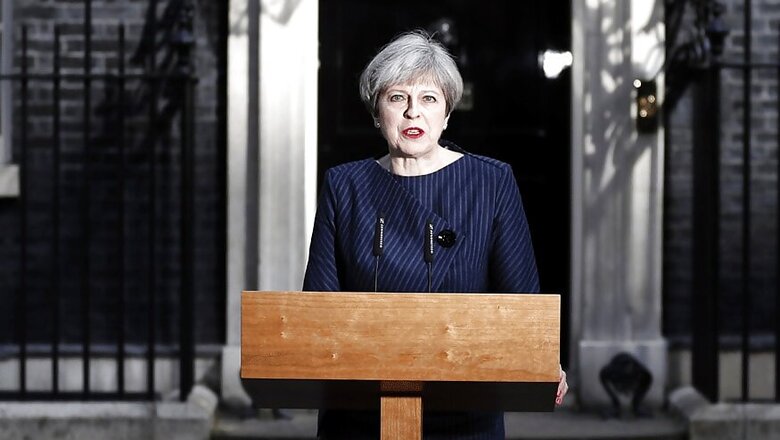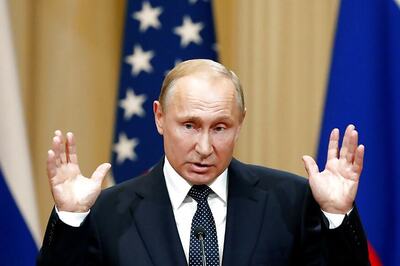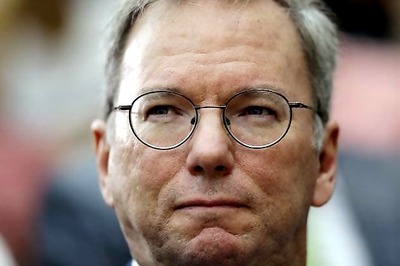
views
London: Embattled British Prime Minister Theresa May on Monday said she is working on getting further assurances from the European Union so she can win the Commons vote on her controversial Brexit deal.
May, who has survived attempts by some of her Conservative Party members to topple her, said that after delaying the vote last month, there was "some further movement from the EU" at December's European Council.
The 62-year-old leader said further measures would be set out ahead of the vote, now set for January 15, the BBC reported. However, the EU Commission has said there will be no renegotiation.
A spokesman said "everything on the table has been approved and... the priority now is to await events" in the UK, the report said.
Meanwhile, more than 200 MPs have signed a letter to May, urging her to rule out a no-deal Brexit - which is one where the UK leaves the EU but without any agreed arrangements covering things like how trade or travel will work in the future.
It comes as a major exercise involving more than 100 lorries is being carried out in Kent to test out how to manage traffic queues near the Channel ports in the event of a no-deal Brexit. The Prime Minister May's deal - which covers the terms of the UK's divorce and the framework of future relations with the EU - has already been agreed with EU leaders. But it needs to pass a vote by MPs before it is accepted.
The UK is due to leave the EU on March 29 this year whether the deal is passed by MPs or not. May, who was at Alder Hey hospital in Liverpool to launch a 10-year plan for the NHS, said that after delaying the vote on her Brexit deal last month, she attended the European Council, where there was "some further movement from the EU". She said she had been speaking to European leaders in the intervening period.
"In the coming days what we'll set out is not just about the EU but also about what we can do domestically, so we will be setting out measures which will be specific to Northern Ireland; we will be setting out proposals for a greater role for Parliament as we move into the next stage of negotiations," she said.
"And we're continuing to work on further assurances, on further undertakings from the European Union in relation to the concern that's been expressed by Parliamentarians." The prime minister's deal is facing opposition from many of her own MPs, as well as Labour and other opposition parties including the Remain-supporting Liberal Democrats.
The Democratic Unionist Party of Northern Ireland - which May's Conservative Party relies on for a majority in Parliament - has said it will not back the deal. Ireland, which will still be a valued member of the EU after Brexit day of March 29, would be hit by the economic turbulence of no-deal Britain -- and this is something the 28- member bloc wants to avoid.
PM May knows this, too. Since she won her confidence vote last month, her MPs cannot mount another attempt to topple her for another year. She has already said she will stand down before the next general election, slated for 2022. In this sense, May is in a stronger position than she was a month ago.
Meanwhile, Brexit minister Kwasi Kwarteng dismissed suggestions that the government had accepted it would lose next week's vote and was planning on returning to Brussels. "The plan is to win the vote," Kwarteng said, adding that a week was "a very long time in politics" and he was "very hopeful" the deal would be voted through.




















Comments
0 comment